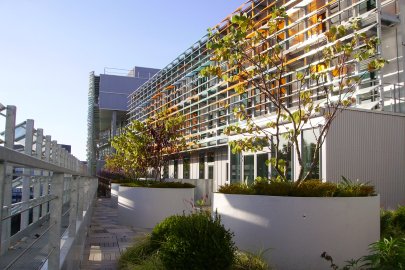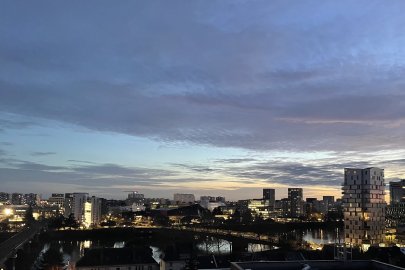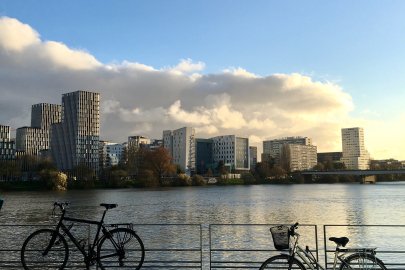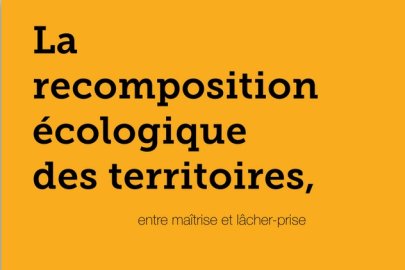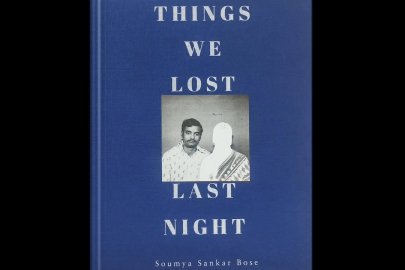Displacement as a creative valence: reflections after an ‘estrangement effect’
Renata Summa
Our contemporary political configuration, the modern system of nation states, relies on a predominantly national form of belonging. It is mainly in the condition of ‘nationals’, of ‘citizens’ that we enjoy political rights and are recognized as subjects.

It is a political system that makes us first citizens, and then humans – even though national and international conventions promote more encompassing provisions based on the idea of Human Rights. Our modern form to inhabit the world is – or at least it is bound to be -therefore, primarily national.
In such a world order, the borders of the state are supposed not only to contain the nation but also to differentiate mobility and displacement’s experiences. As such, there are different categories to encompass human (forced or chosen) movement: (internal) migrant, internal displaced person, refugees, expat, exiled, nomad, traveler etc. As a matter of international politics, it is mostly cross-boundary movement that is understood as a matter of concern, management, and regulation. Here, we identify different degrees of acceptance and facility to cross borders, different rights and legal provisions producing the figures of the expat, the high-skilled migrant, the low-skilled migrant, the refugee, the sans-papier.
Those diverse categories help us to understand that mobility per se is not a problem in our system of nation-states. It is, as previously stated, a realm of management and regulation, but not everyone is subject to the same regulations. Borders filter and hierarchize. They perform a politics of space – who has the right to be where and in which conditions – and a politics of time – at what pace can you enter, how fast or how slowly you will be allowed in, how many years of your life would be spent in a precarious status before you are granted rights.
Under this context, displacement is understood in a negative valence: the term evokes an image of displaced person who had their lives disrupted and forced into exile, who are still attached to their homelands, customs, and memories and, therefore, have difficulty in adapting to their new homes (Summa, 2021).
However, displacement can also be productive in the sense that it allows for criticism through the reorientation and reframing of one’s sensible world (Shapiro, 2013). This provokes the ‘estrangement effect’, as proposed by the German playwriter Bertolt Brecht, in 1964 (2005). It consists of taking distance from the familiar and looking at it as if it was something unusual; in order to bring it beyond to the realm of evident (Brecht 1964 (2005)). Those mechanisms are familiar for People(s)-on-the-move.
My fellowship at the IEA Nantes was full of ‘estrangement effect’. Displaced from my home country, mother language and from my comfortable disciplinary zone, I experienced a reframing of my sensible world and the emergence of new forms of solidarity that traversed nationalities, gender, floors, and academic interests. Displacement, in this case, provided another way of seeing, being and inhabiting the world.
References:
- Brecht, B. Estudos sobre o Teatro. Rio de Janeiro: Nova Fronteira, 2005.
- Shapiro, M. J. (2013). Go west, go east: War’s exilic subjects. Security Dialogue, 44(4), 315-329. https://doi.org/10.1177/0967010613492839
- Summa, R. (2021) Boundaries, Borders and Post Conflict Societies. London: Palgrave.



